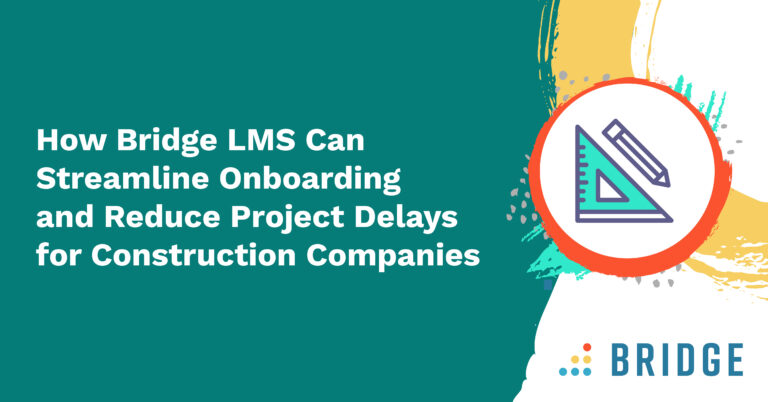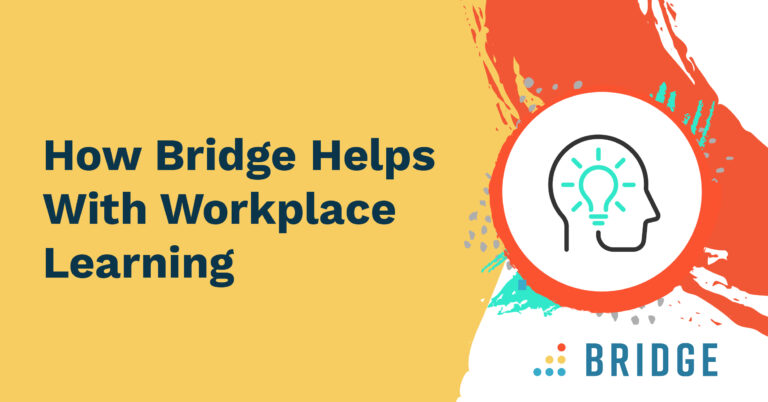Furloughed employees will now have been back for around a month and if you have been reading my previous blogs you have probably focused on making sure they have settled back into their roles and are feeling re-energised, connected with their teams, and aligned with company purpose.
But there’s one piece of the puzzle missing – career.
We’ve been tackling the impact that separation has had on employee engagement, drive, happiness, and productivity. But furloughed employees are also concerned about the impact furlough has had on their career development. Research by YouGov found that 44% of furloughed employees feel anxious about how the pandemic will impact their career progression and 36% are worried about impact on professional development.
But this fear isn’t exclusive to furloughed employees. One study released by Doodle of 1000 employees revealed that 41% of employees say their career development has stalled during the pandemic and 9% say their careers have actually regressed.
The Need for a Structured and Flexible Approach to Career Development
These surveys are telling us that we need a structured approach to career development in order to quell the concerns of our employees and retain and attract the best talent. When dealing with a dispersed or hybrid workforce, plus employees who have only been back to work for a month or so, you need to make sure you are taking care of learning and development in a systematic way. You also need to be making sure training and development opportunities are easily accessible for all employees, including those who are working remotely.
This means that training and development programs need to be self-paced and accessible online. This will allow your employees to decide when learning fits best into their personal schedule and feel more in control of their own development.
Why Learning and Development and Performance Management Should Be a Line Management Responsibility
Line managers are more important than ever to keep teams aligned and connected as well as reassuring employees that their development is important to your business.
Three years ago, we commissioned some research which showed that frequent 1-2-1s left people feeling more in control of their own development. It also showed that they could develop more quickly because they have regular feedback on what they are doing well and where they need to improve. There is proven neuroscience behind why employees want this regular feedback and coaching. A framework called SCARF covers the five needs our brains have to feel valued and connected at work. Line managers can use SCARF to support career development. So, make sure line managers are holding regular 1-2-1’s. It will ensure that employees understand how they are performing, can raise any concerns they have, and can get the support they need to improve.
What Do Your Employees Really Think?
Line managers are important, but so is anonymous structured feedback. Some employees won’t feel comfortable voicing their concerns to their managers. So, make sure you have the ability to capture feedback anonymously on where employees feel they need more support and what concerns or constructive ideas they have about their career progression.
Once you have gathered initial information, continue to ask for regular feedback so you can identify changes that need to be made and adapt accordingly.
Creating a good career path has the potential to increase employee happiness, loyalty, engagement, performance and more. When you add in the factors we spoke about in my first post of the series such as the great resignation, the impact of furlough on career development, and the battle for talent following Brexit, the argument is clear – now is the time for line managers to focus on the learning and development needs of their team.
What are you doing to support your people’s careers? I’d love to hear in the comments below.



